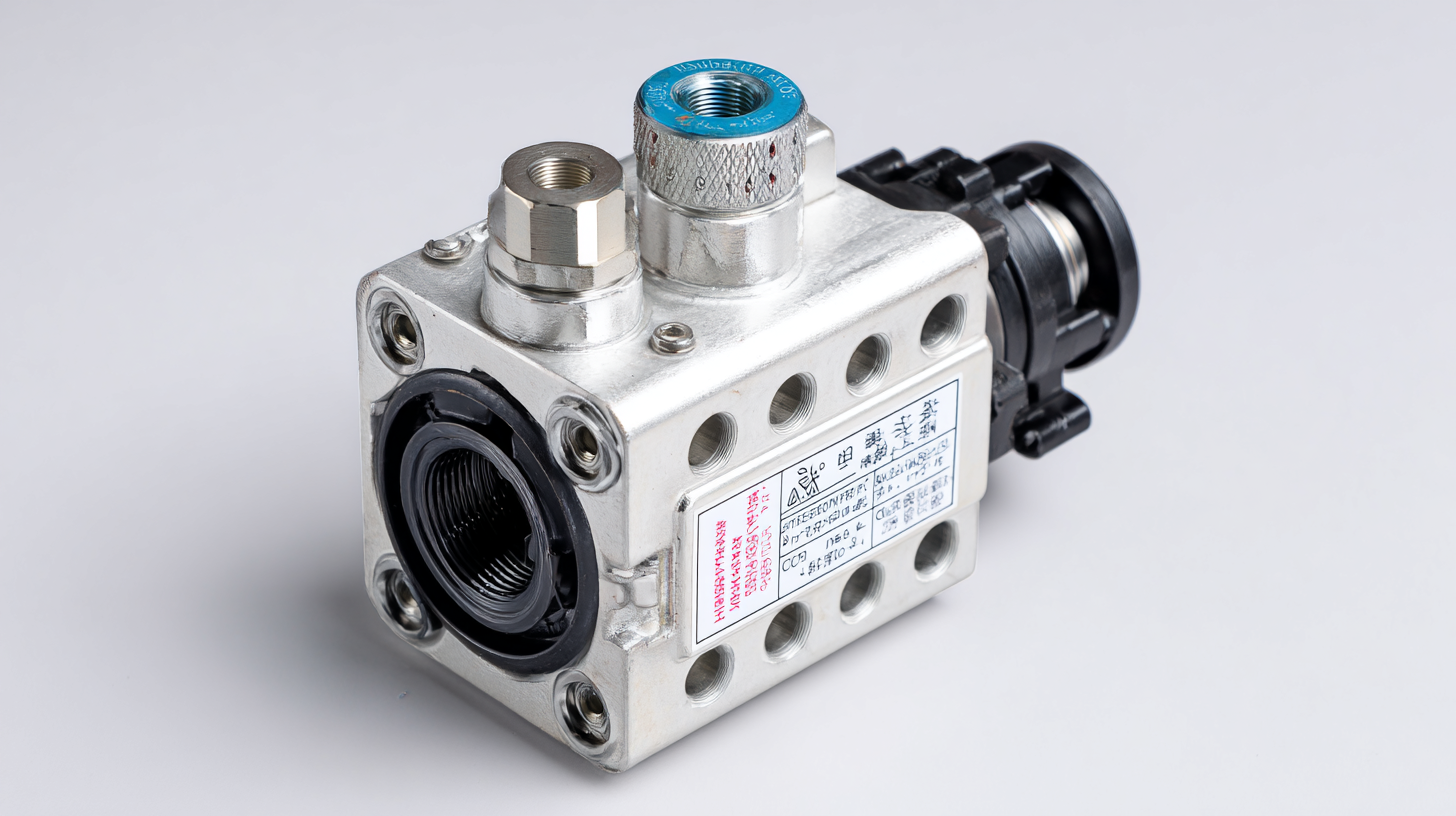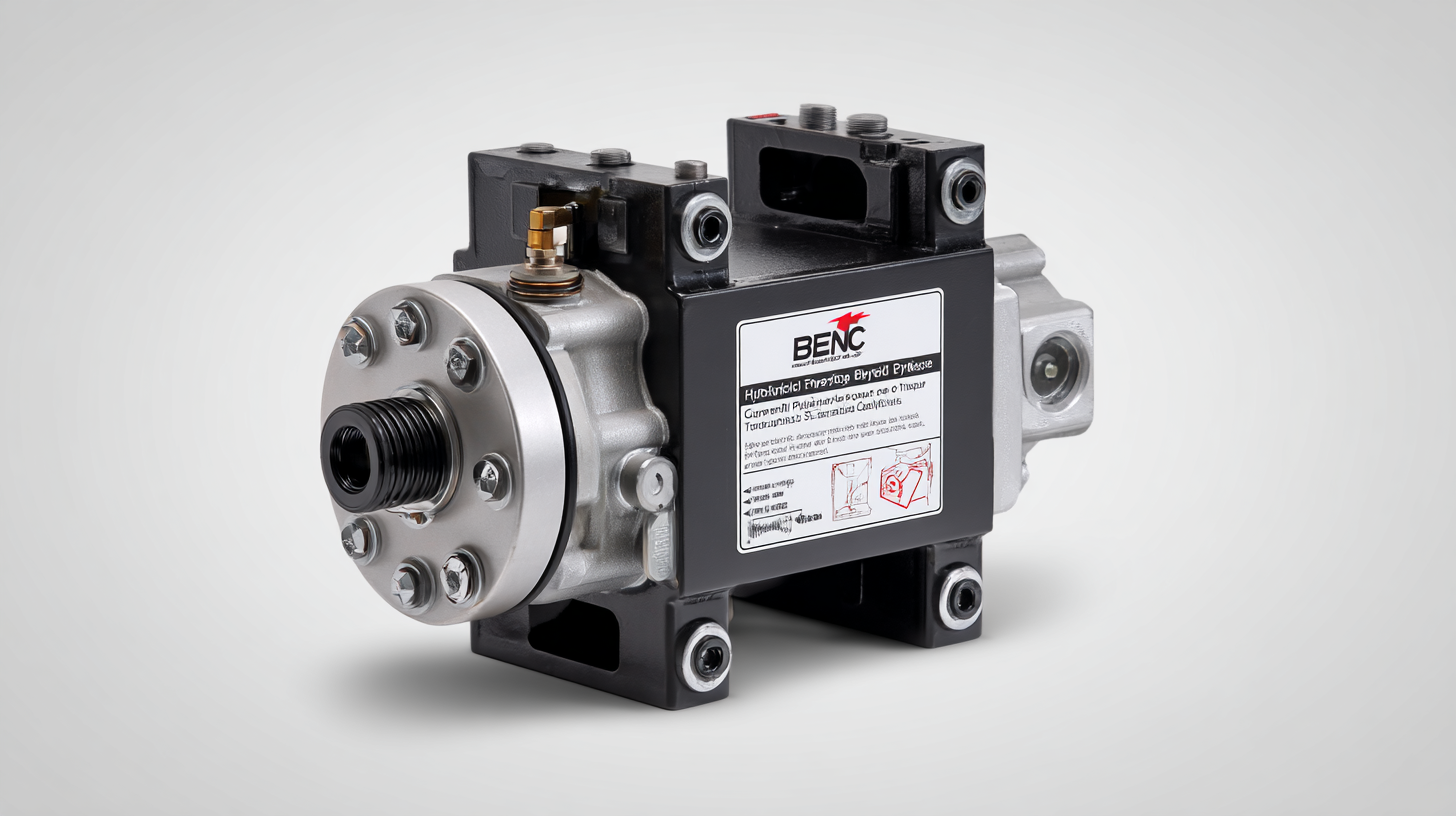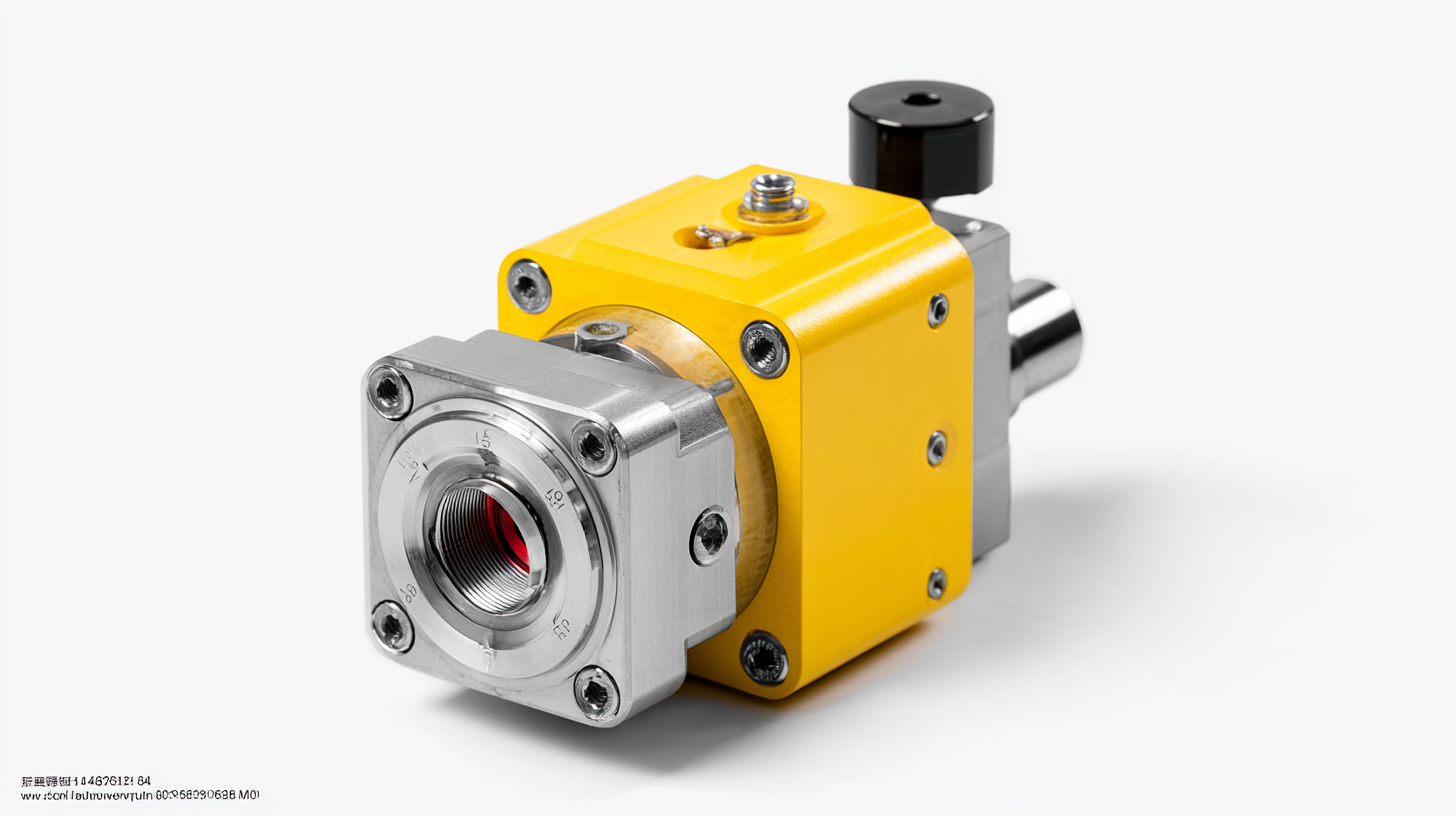

 When it comes to sourcing hydraulic piston pumps, navigating the complex landscape of import-export certifications can be a daunting task for many businesses. Hydraulic piston pumps are essential components in various industries, including manufacturing, construction, and automotive, necessitating a thorough understanding of quality standards and regulatory requirements.
When it comes to sourcing hydraulic piston pumps, navigating the complex landscape of import-export certifications can be a daunting task for many businesses. Hydraulic piston pumps are essential components in various industries, including manufacturing, construction, and automotive, necessitating a thorough understanding of quality standards and regulatory requirements.
This guide aims to demystify the certification process, highlighting the key steps involved in ensuring compliance and the best practices for sourcing high-quality hydraulic piston pumps. Whether you are a seasoned importer or a newcomer to the industry, this resource will provide valuable insights into making informed decisions and optimizing your supply chain.
Join us as we delve into the intricacies of import-export certifications and unveil the strategies to source the best hydraulic piston pumps for your operational needs.
When sourcing hydraulic piston pumps, the significance of import-export certifications cannot be overstated. These certifications serve as a means of ensuring that the products meet specific safety and quality standards mandated by different countries. By choosing certified products, buyers can mitigate risks related to product reliability and compliance, ultimately leading to safer operational practices. The presence of certifications like ISO, CE, or other region-specific qualifiers can significantly influence purchasing decisions, reaffirming the credibility of suppliers in the highly competitive market.
Moreover, navigating import-export requirements is crucial for businesses looking to establish strong international trade channels. Understanding the nuances of certifications helps companies streamline their import processes and avoid costly delays or rejections at customs. Each certification not only reflects adherence to local and international standards but also fosters trust between manufacturers and distributors. As the demand for hydraulic piston pumps continues to grow globally, being well-informed about the requirements linked to import-export certifications can give businesses a competitive edge, ensuring smoother transactions and enhanced reputation in the market.
| Certification Type | Issuing Authority | Description | Importance in Sourcing | Example Regions |
|---|---|---|---|---|
| CE Marking | European Union | Indicates compliance with EU safety, health, and environmental protection standards. | Essential for market entry in EU; ensures product reliability. | Germany, France, Italy |
| ISO 9001 | International Organization for Standardization | Specifies requirements for a quality management system. | Demonstrates quality assurance; builds customer trust. | Worldwide |
| UL Certification | Underwriters Laboratories | Indicates that a product has been tested for safety. | Enhances product credibility; important for North American markets. | United States, Canada |
| RoHS Compliance | European Union | Restricts the use of certain hazardous substances in electrical and electronic equipment. | Critical for sales in EU; ensures environmental safety. | European countries |
| ASME Certification | American Society of Mechanical Engineers | Ensures compliance with safety standards in pressure vessels. | Necessary for market acceptance in various applications. | USA |
When sourcing hydraulic piston pumps from global markets, it is essential to be informed about key certifications that ensure quality and reliability. Depending on the region, various certifications, such as ISO 9001 for quality management systems and CE marking for products sold in the European Economic Area, play a crucial role in assessing manufacturers. Ensuring that your suppliers hold these certifications can mitigate risks and enhance your supply chain's overall efficiency.

Recent trends highlight a significant growth trajectory in the internal gear pump market, projected to increase from USD 575 million in 2025 to USD 868 million by 2035, with a CAGR of 4.2%. This growth emphasizes the importance of choosing certified and reputable manufacturers, as the demand for high-quality hydraulic components continues to rise.
Tip: Always verify the legitimacy of certifications by checking against official standards organizations. Additionally, ask suppliers for documentation that demonstrates compliance with relevant industry regulations. This diligence not only fosters trust but also safeguards your investment in hydraulic piston pumps. Another useful approach is to build relationships with suppliers who have a proven track record, as their experience can guide you in navigating the complexities of global sourcing.
Understanding industry standards is crucial for manufacturers and buyers of hydraulic piston pumps. ISO 9001, a widely recognized quality management standard, plays a pivotal role in ensuring the consistency and reliability of these products. Companies that adhere to ISO 9001 protocols are committed to meeting customer and regulatory requirements, which in turn enhances their credibility in the marketplace. By prioritizing quality control processes and continuous improvement, businesses can significantly reduce the risk of defects and failures in hydraulic pump operations.

The impact of ISO 9001 on hydraulic pump quality is reflected in various aspects, from design to production and service. When a manufacturer implements ISO 9001 standards, they establish a structured approach that fosters better communication, training, and workflow management. This leads to more efficient production cycles and ensures that every hydraulic piston pump meets rigorous quality benchmarks. As buyers navigate the import-export certifications, understanding the importance of ISO 9001 can help them source hydraulic pumps that are not only compliant but also optimized for performance and longevity in demanding applications.
Navigating the complexities of import-export regulations is crucial for sourcing quality hydraulic piston pumps. Evaluating supplier compliance with these regulations ensures seamless operations and mitigates risks associated with international trade. Recent studies have indicated that non-compliance can lead to delays and increased costs, with global supply chain disruptions emphasizing the need for stringent supplier assessments. According to a report from the World Trade Organization, effective supplier compliance can increase operational efficiency by up to 30%.
Tip: When selecting suppliers, prioritize those with proven track records in regulatory compliance. Conduct thorough audits and require documentation that demonstrates their adherence to import-export laws.
Moreover, as businesses explore setting up manufacturing plants in regions like the UAE, it's vital to understand the landscape of regulatory approvals and licensing. The sustainability aspect cannot be overlooked; businesses are expected to engage in Environmental Impact and Sustainability Studies to comprehend the societal effects of their operations. Reports show that implementing sustainability practices can enhance brand loyalty and attract eco-conscious consumers.
Tip: Consider engaging regulatory advisory services when entering new markets. Their expertise can help navigate the complex landscape of compliance, ultimately safeguarding your operations.
By rigorously evaluating supplier compliance and staying informed of regulatory changes, companies can successfully navigate the import-export landscape, particularly in the hydraulic piston pump sector.
The logistics and documentation involved in importing and exporting hydraulic piston pumps are crucial to navigating the complexities of international trade. As markets expand, such as the projected growth of the hydraulic pumps market in Africa to reach $870 million by 2035, the importance of streamlined logistics becomes even more evident. Efficient logistics ensure that hydraulic pumps are delivered promptly and safely, minimizing downtime for businesses reliant on these essential components.
In addition to logistics, proper documentation plays a pivotal role in compliance with regional trade regulations. With changing tariffs, like the recent increase announced by the United States on imported automobiles and parts, importers must stay informed to avoid potential disruptions. The growing demand for pumps in regions like Japan and Latin America, where the market is expected to reach $1.7 billion and $9.7 billion respectively by 2035, highlights the necessity of robust supply chains supported by meticulous documentation practices. These elements are vital for successful import-export operations, allowing companies to thrive in increasingly competitive global markets.